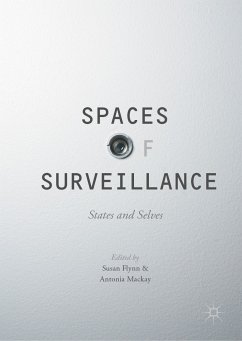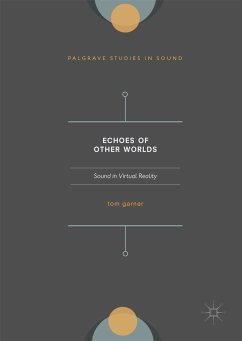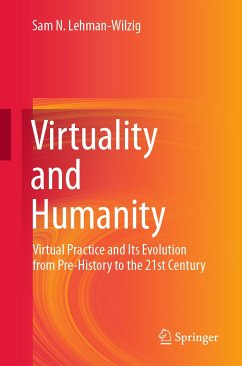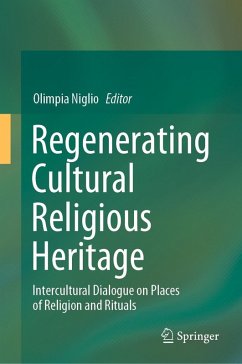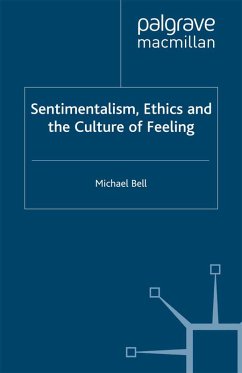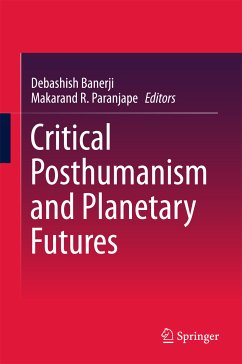
Critical Posthumanism and Planetary Futures (eBook, PDF)
Versandkostenfrei!
Sofort per Download lieferbar
128,95 €
inkl. MwSt.
Weitere Ausgaben:

PAYBACK Punkte
64 °P sammeln!
This volume is a critical exploration of multiple posthuman possibilities in the 21st century and beyond. Due to the global engagement with advanced technology, we are witness to a species-wise blurring of boundaries at the edge of the human. On the one hand, we find ourselves in a digital age in which human identity is being transformed through networked technological intervention, a large part of our consciousness transferred to "smart" external devices. On the other hand, we are assisted---or assailed---by an unprecedented proliferation of quasi-human substitutes and surrogates, forming a s...
This volume is a critical exploration of multiple posthuman possibilities in the 21st century and beyond. Due to the global engagement with advanced technology, we are witness to a species-wise blurring of boundaries at the edge of the human. On the one hand, we find ourselves in a digital age in which human identity is being transformed through networked technological intervention, a large part of our consciousness transferred to "smart" external devices. On the other hand, we are assisted---or assailed---by an unprecedented proliferation of quasi-human substitutes and surrogates, forming a spectrum of humanoids with fuzzy borders. Under these conditions, critical posthumanism asks, who will occupy and control our planet: Will the "superhuman" merely serve as another sign under which new regimes of dominance are spread across the earth? Or can we discover or invent technologies of existence to counter such dominance? It is issues such as these which are at the heart of this new volume of explorations of the posthuman. The essays in this volume offer leading-edge thought on the subject, with special emphases on postmodern and postcolonial futures. They engage with questions of subalternity and feminism vis-à-vis posthumanism, dealing with issues of subjugation, dispensability and surrogacy, as well as the possibilities of resistance, ethical politics or subjective transformation from South Asian archives of cultural and spiritual practice. This volume is a valuable addition to the on-going global dialogues on posthumanism, indispensable to those, from across several disciplines, who are interested in postcolonial and planetary futures.
Dieser Download kann aus rechtlichen Gründen nur mit Rechnungsadresse in A, B, BG, CY, CZ, D, DK, EW, E, FIN, F, GR, HR, H, IRL, I, LT, L, LR, M, NL, PL, P, R, S, SLO, SK ausgeliefert werden.




